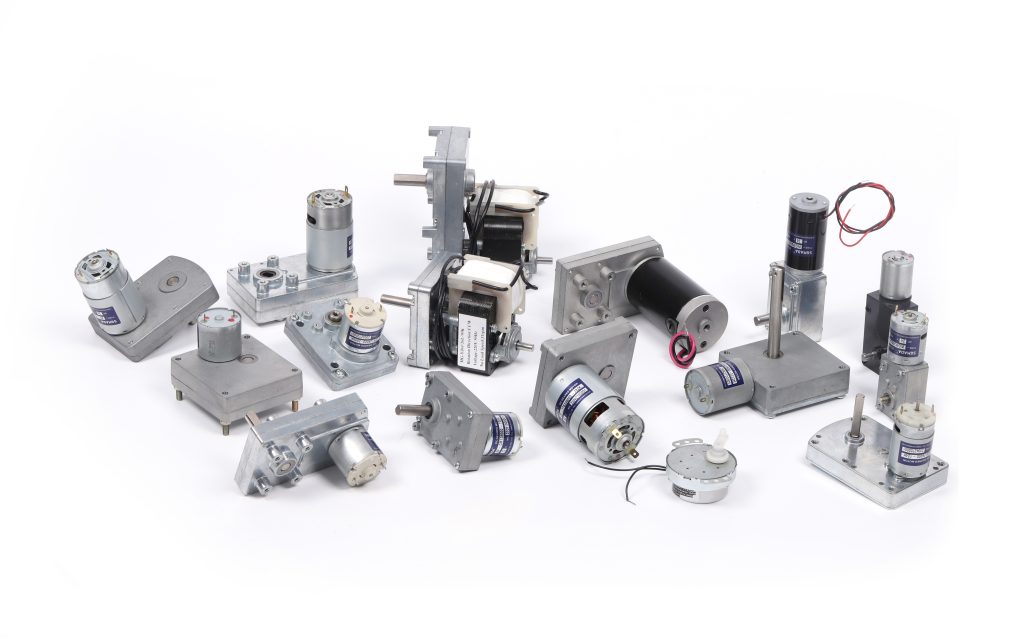Mobile:+86-311-808-126-83
Email:info@ydcastings.com
CF8 Casting – High-Quality Stainless Steel Castings
CF8 Casting An Overview
CF8 casting is a vital process in the manufacturing industry, particularly known for its application in producing high-quality stainless steel components. CF8 stands for Cast Ferritic 8, signifying a type of stainless steel that contains a broad range of alloying elements, primarily chromium, nickel, and molybdenum. This grade of stainless steel is characterized by its excellent corrosion resistance, high strength, and good weldability, making it suitable for various industrial applications.
The production process of CF8 casting involves pouring molten metal into a mold to form a specific shape. This technique allows for complex geometries and intricate designs that would be challenging to achieve through other manufacturing methods. The ability to cast parts directly reduces machining time and minimizes material waste, making CF8 casting both cost-effective and environmentally friendly.
CF8 Casting An Overview
One of the standout features of CF8 casting is its superior resistance to oxidation and corrosion. The presence of chromium in the alloy forms a passive layer of chromium oxide on the surface, which effectively protects the underlying metal from corrosive substances. This property is particularly crucial in environments where exposure to moisture, chemicals, or saltwater is frequent. As a result, CF8 components are often the preferred choice for harsh service conditions.
cf8 casting

Weldability is another significant advantage of CF8 stainless steel. The alloy's structure allows it to be welded using various techniques without compromising its mechanical properties. This characteristic is essential for industries where components must be regularly assembled, disassembled, or repaired.
However, like any material, CF8 stainless steel has its limitations. For instance, it may not perform as well under extreme temperature variations compared to other high-temperature alloys. Additionally, its cost can be higher than carbon steel alternatives, which may deter some manufacturers from selecting CF8 for less demanding applications.
Advancements in casting technologies have further enhanced the quality and efficiency of CF8 casting. Techniques such as investment casting and sand casting allow for precise control over the mold and molten metal, leading to improved surface finishes and dimensional accuracy. Continuous research into alloy compositions and casting methods seeks to improve the performance and reduce production costs associated with CF8 stainless steel.
In conclusion, CF8 casting plays a crucial role in producing reliable and durable components across various industries. Its unique combination of corrosion resistance, strength, and weldability makes it an excellent choice for demanding applications. As manufacturing technologies continue to evolve, the potential for CF8 casting to adapt and meet future challenges remains promising, ensuring its place in modern industrial applications.
-
Why Is Choosing the Right Motor Housing Critical for Engine Performance?NewsJul.18,2025
-
Which Impeller Types Best Optimize Your Pump’s Efficiency?NewsJul.18,2025
-
Optimize Maintenance Efficiency with Durable Oil Catch SolutionsNewsJul.18,2025
-
Maximize Pump Performance with Precision-Engineered ComponentsNewsJul.18,2025
-
Elevate Industrial Flow Systems with Precision-Engineered ComponentsNewsJul.18,2025
-
Boost Durability and Functionality with Precision Power CastingsNewsJul.18,2025











